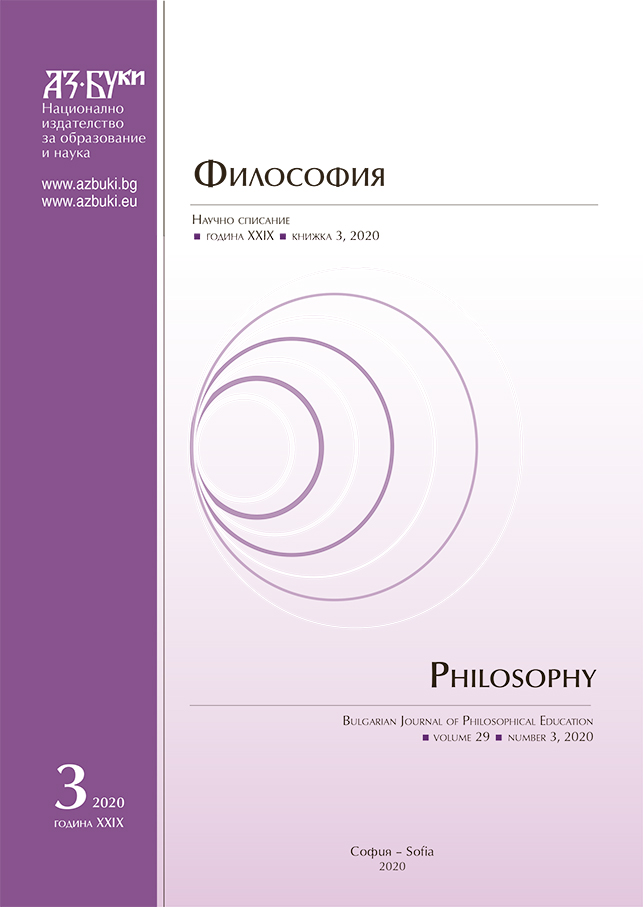Methodological Orientations and Educational Strategies in the Formation of the Modern Age Thinking
Methodological Orientations and Educational Strategies in the Formation of the Modern Age Thinking
Author(s): Svetlana Hanaba, Nataliia BakhmatSubject(s): Philosophy, Social Sciences, Education, Psychology, History of Philosophy, Epistemology, Ethics / Practical Philosophy, Sociology, Contemporary Philosophy, Vocational Education, Higher Education , Educational Psychology, Social psychology and group interaction, Sociology of Culture, Globalization, Sociology of Education
Published by: Национално издателство за образование и наука „Аз-буки“
Keywords: thinking; complexity; modernization; philosophy for children; knowledge; potential
Summary/Abstract: The article outlines methodological guidelines for the development of thinking in education. Relevant and productive is the thinking that aims not only to explain the unknown, but also to find the unknown and the unbelievable in the known and the obvious. This is a thinking of a different order, which is first in overcoming the existing boundaries, in “combining of not combined”, i.e. different, not reduced, etc. Its vitality is possible only if it constantly changes, destroys, balancing on the brink of chaos. It is emphasized that this thinking is not carried out in a well-defined way, it moves in agendas and changes in different directions, overcoming the boundaries of outlined representations, opening new horizons of understanding of being and place in it. It is argued that the development of thinking in education aims to move from learning focused mainly on memorizing a certain amount of knowledge to self-conscious understanding of them.
Journal: Философия
- Issue Year: 29/2020
- Issue No: 3
- Page Range: 277-285
- Page Count: 9
- Language: English

